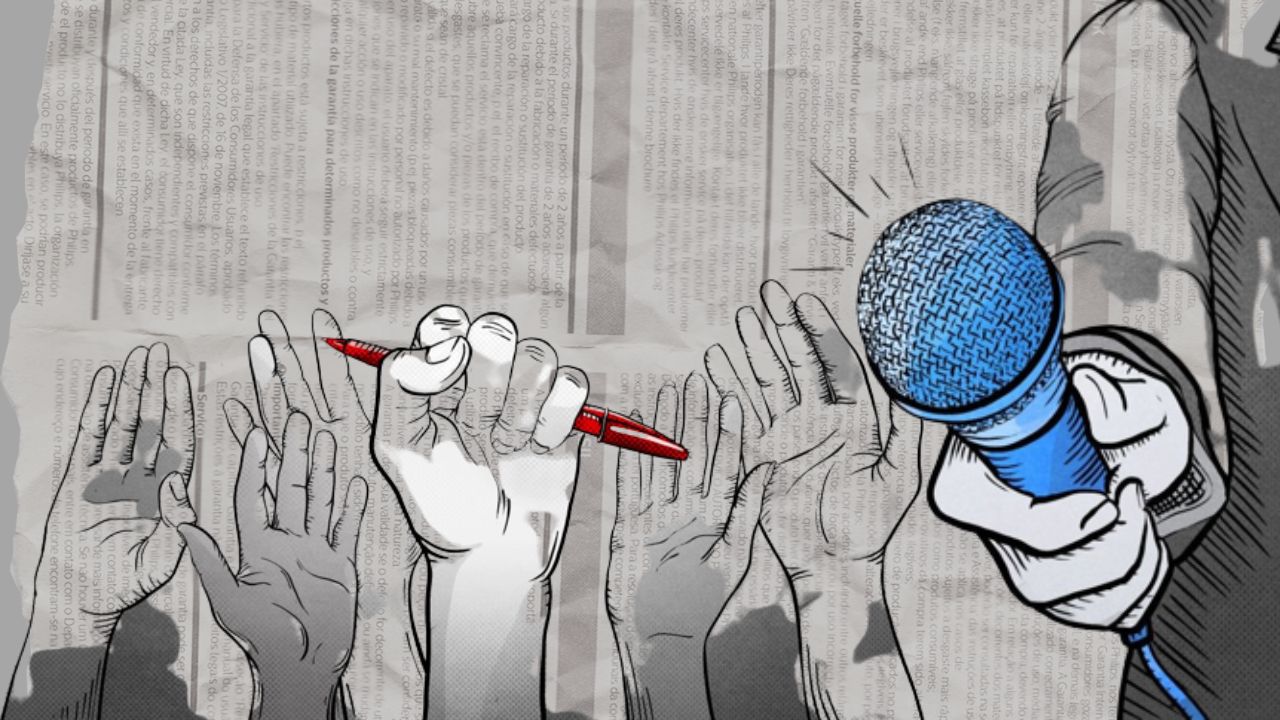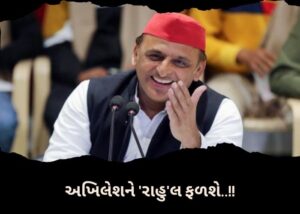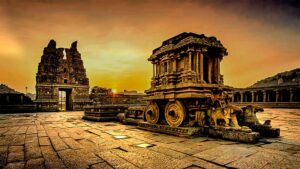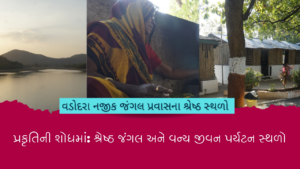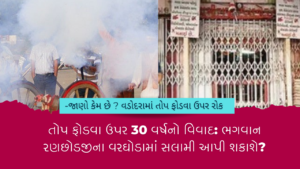Journalism is considered to be the fifth pillar of the national emblem. But are we really free ebnough to express ourselves? What are rules that fall under the Press Freedom category? Before we hop on the rebellious side of throwing questions, let us understand this major and controversial topic one by one:
National Press Day:
This day is celebrated on 16ht November every year to acknowledge the Press Council of India (PCI). The day marks the presence of an independent and responsible press in the country.
Press Council of India:
To commemorate the establishment of the Press Council of India, National Press Day is celebrated. The Press Council was established with the motive of requiring that a managing body was required in order to connect with the people of the press and also to arbitrate on any issues that arose.
The powers of Press council of India include:
Action against the professional misconduct towards a journalist or an editor, the body can conduct enquiries, summon witnesses, like a whole departmental court inquiry process. The Press Council of India also has powers to issue a notice to media houses, journalists and editors. More importantly, the decisions taken by the Press Council of India is final and it cannot be appealed before a court of law.
What are the Rights of Press in India?
- Freedom of Speech: The freedom of speech and expression involves the right to express by word of mouth, writing, printing, pictures or any other manner. It includes the freedom of communication and the right to propagate or publish one’s view.
-
Defamation and Free Press: Although, the journalists have right to express, they cannot defame, like Saying or writing something which is harmful to a person’s reputation is called defamation, and is a crime under Section 499 of the Indian Penal Code, 1860
- Right to pPublish and Circulate: The press has the right to circulate and also includes the freedom to decide the volume of circulation. This right can only be restricted if it goes against the reasonable restrictions given in Article 19(2) of the Constitution of India.
-
Right to Conduct Interviews: Questioning is the main element of journalism, and yes the Indian constitution gives rights to question. But in a restricted manner, meaning, right to conduct interviews is a limited right of the press and can only be exercised if there is willing consent from the person being interviewed.
- Right for Court Proceedings Reporting: The right to cover court proceedings is limited to not covering “in camera proceedings”, restricting access to the public and the press, where the Court feels that justice would be defeated if the case were to be tried in open Court.

